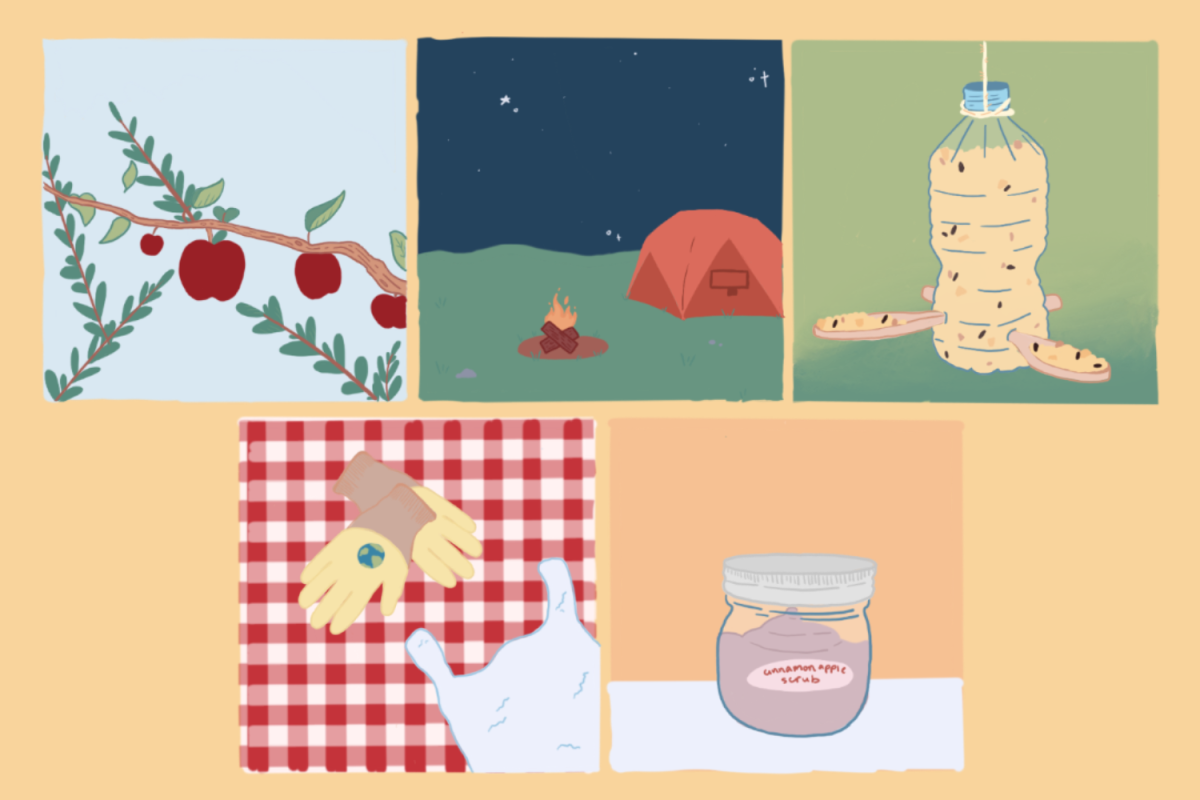By Aliyah Conley
My favorite part of being a woman is menstruating. I love feeling the wrath of my uterus, ruining perfectly good articles of clothing, and buying sanitary products from the visibly uncomfortable dude at Walgreens. I gracefully accept these burdens as some of the many challenges that come with womanhood because, let’s be honest, being a lady is the best ever.
The one thing I could do without is the Goods and Services Tax, or GST, placed on female sanitary products. That’s right, the state of Texas is profiting from your period. In fact, most states within the US have a tax on feminine hygiene products. The GST is placed on items deemed to be non-essentials. Laxatives, painkillers, allergy medications, condoms and even cowboy boots are tax-exempt in Texas. Even though all of these things are not taxed, feminine hygiene products, which almost every woman would argue are a necessity, are taxed at about 8 percent.
Most people were unaware of the tampon tax until a student from Sydney, Subeta Vimalarajah, released an online petition urging Australia’s Treasurer Joe Hockey to support lifting the tax in Australia. The petition quickly gained over 90,000 signatures and prompted the creation of the parody music video “Drop It Coz It’s Rot” by Sydney actress Mia Lethbridge.
The video is intended to play off of Snoop Dogg’s “Drop it Like it’s Hot” and flip the trend of the over sexualization of women in the media on its head. The video satirizes the hypocrisy of a culture that encourages women to conceal their menstruation and be sexy while placing an unnecessary price on the means for doing so. The video even features the Christine Foster, the sister of Australian Prime Minister Tony Abbott.
Check the badass video out below:












































Sarah • Oct 10, 2015 at 12:32 am
Isn’t it perhaps greed instead of misogyny that is driving this? Like you stated, 30 million dollars are on the line. How do we fix this? These asshole politicians aren’t going to do things just because it’s the "right" thing to do. I don’t believe these products should be taxable, but what’s the practical approach, and just how big is our battle ahead? -Sarah